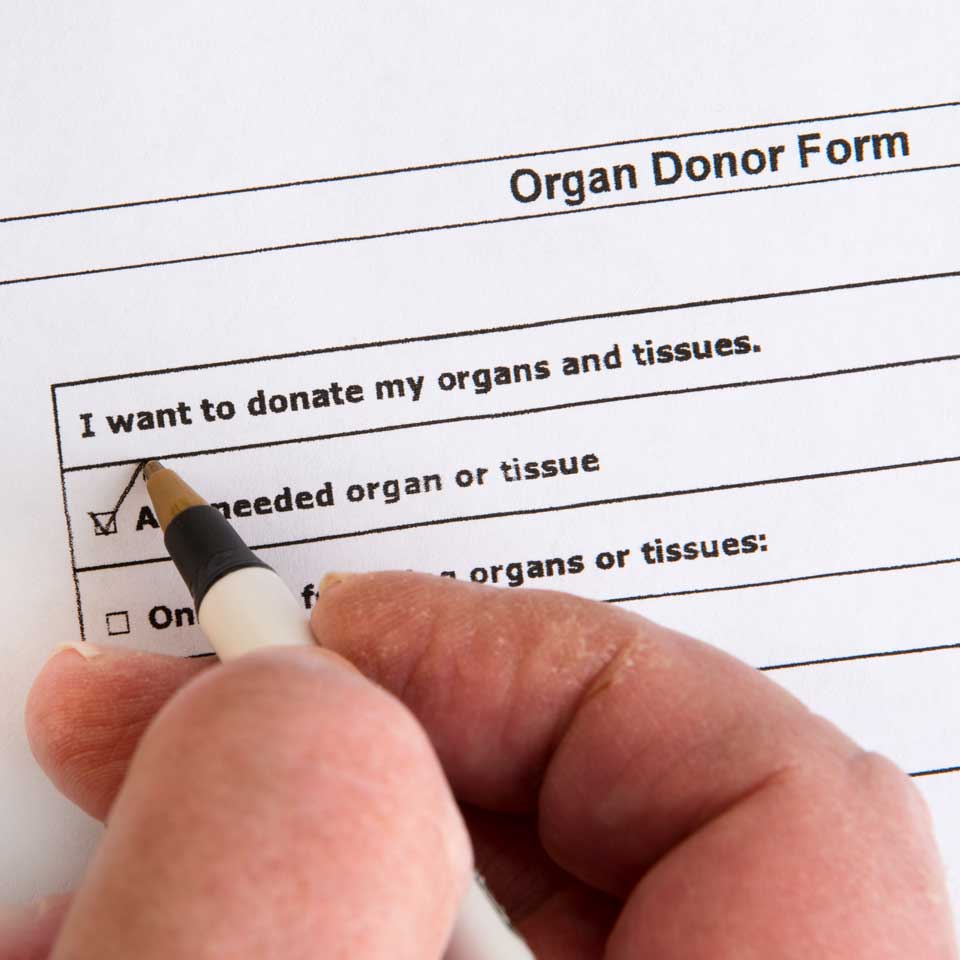Why be an Organ Donor?
January 25, 2021
Unfortunately, many may never get the long-awaited, encouraging call stating that a suitable donor organ – and a second chance of life – has been found.

Unfortunately, many may never get the long-awaited, encouraging call stating that a suitable donor organ – and a second chance of life – has been found.
While more than 6,000 transplants from living donors are performed each year, most of the organs that are available come from deceased donors.
It can be hard to think about what’s going to happen to your body after you die, let alone donating your organs and tissue. But being an organ donor is a generous and worthwhile decision that impacts numerous others well after your passing. By donating your organs and tissue after you die, you can save or improve as many as 75 lives, according to the Mayo Clinic. Upon death, a medical assessment is done to determine what organs can be donated.
It is especially important to consider becoming an organ donor if you belong to an ethnic minority. African Americans, Asians and Pacific Islanders, Native Americans and Hispanics are more likely than Caucasians to have certain chronic conditions that affect the kidneys, heart, lung, pancreas and liver. Since certain blood types are more prevalent in ethnic minority populations, and matching blood type is usually necessary for transplants, the need for minority donor organs is especially high.
Becoming an organ donor is easy. Just about anyone, at any age, can become an organ donor; however, anyone younger than age 18 will need to have the consent of a parent or guardian. There are no costs directly related to donation.
One of the biggest obstacles to organ transplantation is getting individuals to register to become organ donors before they are faced with a tragic situation. You can indicate that you want to be a donor in the following ways:
- Register with your state’s donor registry. Most states have registries. Check the list at organdonor.gov. For Pennsylvania, visit here.
- Designate your choice on your driver’s license. Do this when you obtain or renew your license. When you fill out your organ donor card with your driver’s license, you’re agreeing to donate all or some of your organs if you die, according to WebMD.
- Tell your family. Make sure your family knows your wishes regarding donation.
Reference: OrganDonor.com; Mayo Clinic
